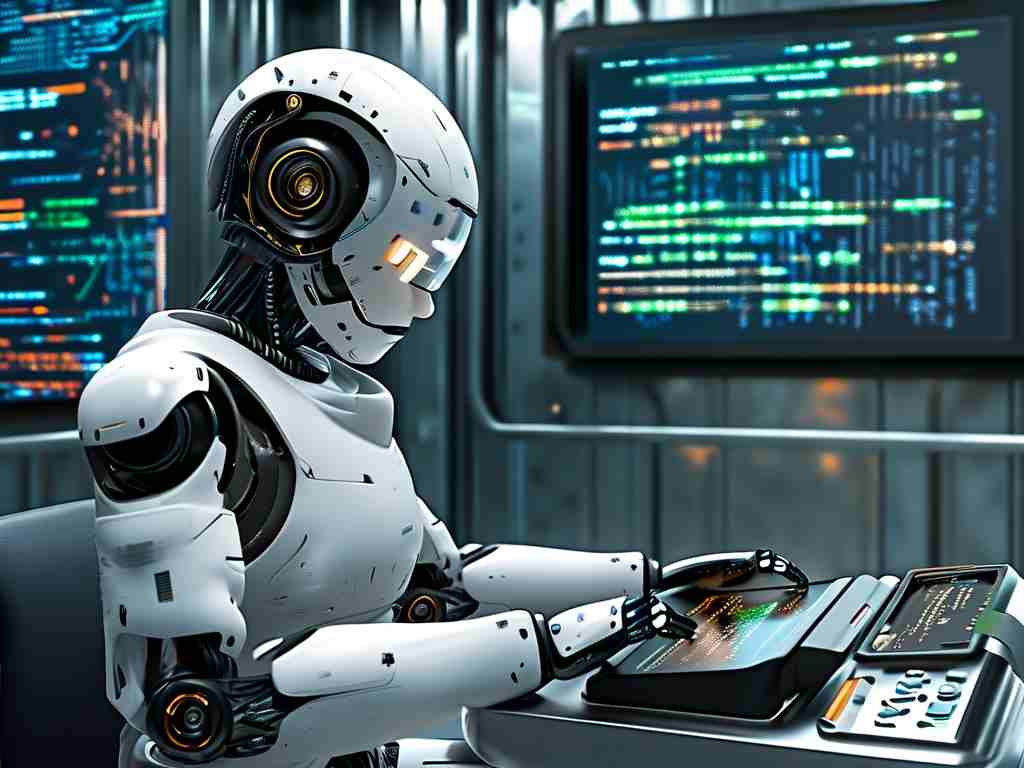As academic institutions worldwide embrace interdisciplinary learning, robotics electives have emerged as transformative gateways for students to engage with cutting-edge technology. These courses transcend traditional classroom boundaries, offering a unique blend of theoretical frameworks and tangible engineering challenges that mirror real-world industry demands.

Bridging Theory and Practice
Modern robotics curricula prioritize experiential learning through modular design. At the University of Techvale, for instance, students begin with microcontroller programming using Raspberry Pi units before advancing to sensor integration and kinematic modeling. One sophomore participant noted: "Building a line-following robot in Week 3 completely changed how I view feedback systems." Such project-based approaches help learners connect abstract concepts like PID control algorithms to physical implementations.
Industry-Relevant Skill Cultivation
Elective robotics programs intentionally cultivate competencies that align with emerging tech sectors. Coursework typically includes:
# Sample autonomous navigation logic
def obstacle_avoidance():
while True:
lidar_data = get_sensor_readings()
if min(lidar_data) < SAFE_DISTANCE:
execute_evasive_maneuver()
This coding exercise demonstrates how students gain practical experience with autonomous systems programming – a skill directly applicable to drone navigation and self-driving vehicle development.
Cross-Disciplinary Applications
The ripple effects of robotics education extend beyond engineering disciplines. Medical students at Boston Polyclinic College now utilize robotic surgical simulations from their electives to enhance precision in clinical training. Similarly, architecture departments report improved spatial reasoning among students who complete basic robotics modules involving 3D printing and automated modeling.
Economic and Social Implications
Data from the Global Education Monitor reveals that students completing robotics electives demonstrate 37% higher problem-solving scores compared to peers in conventional STEM tracks. This skillset proves particularly valuable in manufacturing economies, where automated systems require hybrid expertise in both hardware maintenance and software optimization.
Ethical Considerations
As course popularity grows, educators emphasize responsible innovation. Dr. Elena Marquez, robotics chair at Madrid Institute of Technology, stresses: "Our curriculum now includes mandatory sessions on AI ethics and workplace automation impacts. Technical prowess must be paired with social awareness."
Future Directions
Emerging course variants now incorporate quantum computing basics and biohybrid systems, preparing students for next-generation challenges. The recent integration of neural network training in high school electives – like Tokyo's Youth Robotics Initiative – suggests this educational model will continue evolving alongside technological advancements.
For institutions aiming to future-proof their curricula, robotics electives represent more than technical training – they cultivate adaptable thinkers capable of shaping our automated world. As these courses proliferate globally, they redefine educational outcomes by transforming passive learners into active creators of technological solutions.

